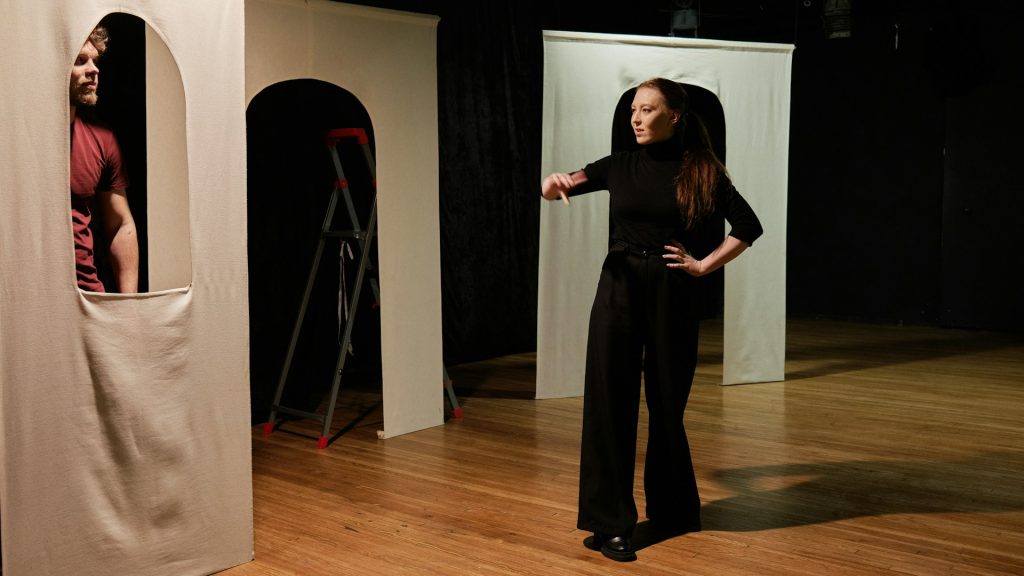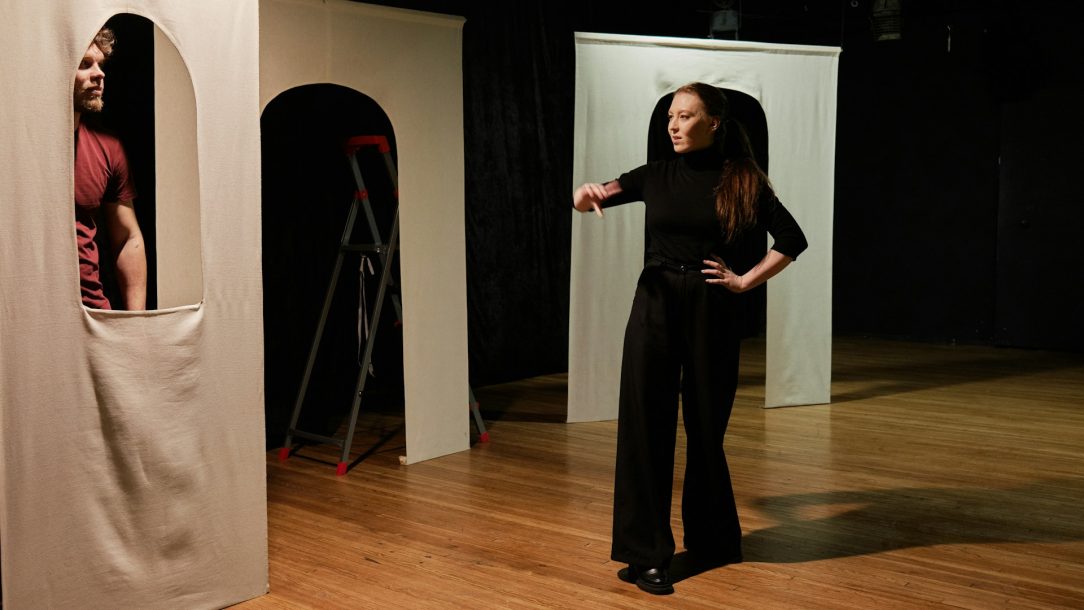
Understanding the admission process for top acting schools can feel overwhelming, especially when you’re trying to figure out what each program is really looking for. From headshots and monologues to applications and deadlines, the admission process for top acting schools can seem like a maze. But it doesn’t have to be. Breaking it down step-by-step can make things manageable and reduce stress.
Choosing the right school is a major decision. It’s not just about where you’ll study, but who will guide you, what kind of actor you’ll become, and how well you’ll be prepared for what comes next. Having a clear understanding of the admission process for top acting schools can take away much of the anxiety.
The goal here is to make the whole admission process for top acting schools easier to understand. Whether you’re applying to the best acting colleges in Los Angeles or considering other programs nationwide, feeling prepared makes all the difference.
Researching The Best Acting Colleges
Before filling out a single application, take time to understand which schools match your goals. Acting programs vary widely. What one person values, another might want to avoid. That’s why this research step is so important.
Here’s what to pay attention to when you explore your options:
- Location: Do you want to live in a busy city like Los Angeles, or would you prefer a quieter location?
- Faculty and alumni: Check who teaches there and find out what former students have gone on to do.
- Training focus: Is the program centered on film, theater, or a blend of both?
- Style of teaching: Do they stick to classical methods, or are they more modern and experimental?
- Performance opportunities: Does the school give you real experience on stage or in front of a camera?
- Support services: Find out if they help students with auditions, networking, and career planning.
It also helps to visit the schools if you can. Seeing a campus lets you get a feel for the environment and whether you’d feel comfortable there. If a visit isn’t possible, look for virtual tours, webinars, or live Q&A events. Reading student reviews can be helpful too. Just be sure to read several, since one person’s experience doesn’t speak for everyone.
Preparing Materials for Acting School Admissions
After choosing which schools feel like a good fit, start putting your application materials together. Most programs will ask for the same types of documents, so you can save yourself stress later by being ready early.
Here’s what you’ll usually need:
- Personal statement: Talk about why you want to act and what led you to this point. Write in your voice, be real, and focus on your journey.
- Letters of recommendation: These should come from people who know your work ethic and passion. Drama teachers, directors, or coaches are just a few examples.
- Resume and headshot: Keep your resume simple and easy to read. List acting experience, training, and special skills. Your headshot should look like you and follow standard framing.
Being organized in the admission process for top acting schools signals professionalism and commitment.
Navigating the Audition Process for Top Acting Schools
The audition is where your preparation really shows. Schools look for more than skill here. They’re watching how you handle pressure, whether you take direction, and how engaged you are in the moment.
Start by carefully reading the audition requirements. Some schools want one dramatic and one comedic monologue. Others may ask for a song, a scene, or a cold read. Whatever they ask for, follow instructions exactly. That alone sends the right message.
When picking monologues, choose pieces you connect with and that match your age and experience. You don’t need something flashy to be memorable. Often, a thoughtful, genuine piece lands better than something too over the top.
Practice constantly. Perform in front of friends. Record yourself to watch for habits or small mistakes you might not catch live. And get feedback from someone with industry experience. A few extra runs and honest critiques can make a big difference.
Before you head into the audition, take care of yourself. Warm up your body and voice. Try deep breathing to calm nerves. One student used to rehearse solo in a local park weeks before her audition. It helped her stay relaxed when the big day came. You can find what works for you too.
Financial Planning and Scholarships for Acting School Admissions
Paying for school might feel scary, but having a plan makes it less overwhelming. Start by finding out the full cost of attendance. That means more than just tuition. Include room and board, fees, books, supplies, and transportation.
Once you have the numbers, look into scholarships and financial aid. Some schools offer funding based on talent, academics, or need. Others have private or outside scholarships you can apply for. Give yourself time to meet forms and essay deadlines.
A few helpful steps include:
- Asking schools for a full breakdown of expected costs
- Contacting financial aid departments early
- Submitting scholarship applications as soon as possible
- Factoring in housing, food, and supplies when making your budget
- Setting calendar reminders for all payment and application deadlines
Money doesn’t have to stop you if acting is where your heart is. Many students use a mix of methods to pay for school, like part-time jobs, grants, or monthly payment plans. Planning ahead helps you focus on your training instead of worrying about bills.
Steps To Take After Admission
Once you get your acceptance notification, the next phase begins. First, confirm your spot in the program. Find out whether there’s a deposit and how to officially hold your place. Don’t wait—some schools fill up quickly once decisions go out.
Then start preparing for your move. Whether it’s to another city or just across town, secure your housing early. Schools in Los Angeles fill up quickly, so don’t wait until the last minute.
Here’s a quick checklist to stay on top of things:
- Reserve your spot with a deposit, if required
- Apply for on-campus or nearby housing right away
- Look into transportation if you’re relocating
- Submit all required paperwork to the school on time
- Find out if there’s an orientation or welcome session
- Get the basics you’ll need for day one, but avoid overspending
- Set academic or performance goals for your first semester
Think of this time like your warm-up before a big scene. Use it to prepare mentally, physically, and emotionally so you enter your training ready to go.
What This All Leads To
Stepping into the world of acting starts long before your first class. From choosing the right school to practicing monologues in your bedroom, each moment in this process gets you closer to where you want to be.
When you take the time to prepare, plan, and reflect on what’s ahead, it makes a visible difference. The skills you build while applying—like trusting your voice, finding structure, asking for guidance, and managing stress—are all things you’ll carry with you through your training and beyond.
Your future in acting won’t look like anyone else’s, and that’s the point. Find the place that encourages your voice and matches your pace. And once you land there, breathe it in. You’ve earned it.
If you’re eager to explore your options among the best acting colleges and want a program that fits your unique goals, discover more about what makes our training stand out. With a welcoming atmosphere and focused support, the Los Angeles Acting Conservatory is here to help you take your skills and confidence to the next level.

